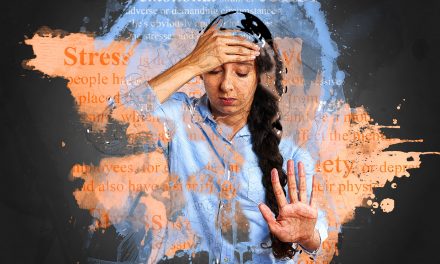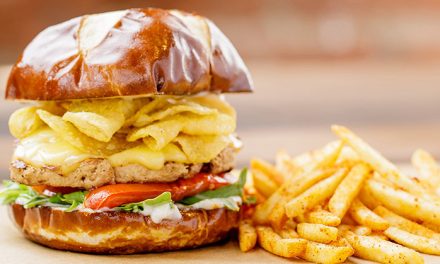iSpeech.org
…But when you are tempted, he will also provide a way out so that you can endure it. –1 Timothy 5:23 (NIV)
Addiction is a disease that affects your brain and behavior. [1] There are different types of addiction. Physical addictions can generally be grouped into three categories: alcohol, illicit drugs, and prescription drugs. [2] While illicit drug addiction is an addiction to illegal substances, prescription drug addiction is using approved medications in any way that has not being prescribed by the doctor. [2]
When you’re addicted to drugs, you can’t resist the urge to use them, no matter how much harm the drugs may cause. [1] Drug addiction symptoms and behaviors include, among others the following: [3]
- Feeling that you have to use the drug regularly — daily or even several times a day
- Having intense urges for the drug that block out any other thoughts
- Over time, needing more of the drug to get the same effect
- Taking larger amounts of the drug over a longer period of time than you intended
- Making certain that you maintain a supply of the drug
- Spending money on the drug, even though you can't afford it
- Not meeting obligations and work responsibilities, or cutting back on social or recreational activities because of drug use
- Continuing to use the drug, even though you know it's causing problems in your life or causing you physical or psychological harm
- Doing things to get the drug that you normally wouldn't do, such as stealing
- Driving or doing other risky activities when you're under the influence of the drug
- Spending a good deal of time getting the drug, using the drug or recovering from the effects of the drug
- Failing in your attempts to stop using the drug
- Experiencing withdrawal symptoms when you attempt to stop taking the drug.
Furthermore, if a person is abusing any drug, there are general signs to look out for such as: difficulties at school or disinterest in school related activities, poor work performance such as being chronically late to work, changes in physical appearance, altered behavior, drastic changes in relationships, a noticeable lack of energy when carrying out daily activities, spending more money than usual, changes in appetite, blood shot eyes and defensiveness. [4]
So how do you break free from drug addiction?
- SUBMIT (Submit to God, Submit to professional Help): James 4:7“Submit yourself, then, to God. Resist the devil, and he shall flee from you.” As you humble yourself and seek God’s help, get professional help as soon as possible because early intervention ensures a higher chance of successful recovery. See a professional interventionist such as a doctor who specializes in addiction medicine or addiction psychiatry, or a licensed drug counselor. [3] Family and community support is also essential during this phase.
- BREAK (Break the cycle of relapse): Matthew 26:41“Watch and pray so that you shall not fall prey to temptation. Our spirit is willing, but our flesh is weak.” Prevent a relapse by observing the following: stick with your treatment plan, avoid high risk situations and get help immediately if you use the drug again. [3]
- STAY (Stay strong, firm and steadfast): 1 Peter 5:10“And our God of all grace, who summoned you to his eternal glory in Christ, after you have suffered a while, will restore you and make you strong, firm and steadfast.” Know that it is possible to return to a healthy life after seeking professional help.
Finally, be encouraged! As no temptation has overtaken you except what is common to mankind. And God is faithful; he will not let you be tempted beyond what you can bear. (1 Timothy 5:23)
REFERENCES
- What is Drug Addiction?
- New Choices Treatment Centre. Different Types of Addiction: Physical and Behavioral.
- Mayo Clinic. Drug Addiction (Substance Use Disorder)
- American Addiction Centers. How to Tell if Someone is on Drugs: Opiates, Marijuana and More.












Recent Comments